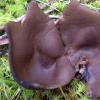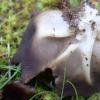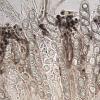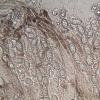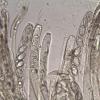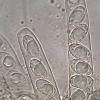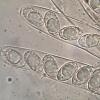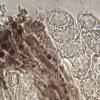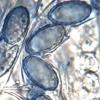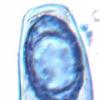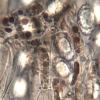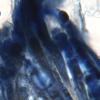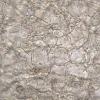
13-01-2026 09:10
 Danny Newman
Danny Newman
Dasyscyphella chrysotexta on indet. decorticate ha

13-01-2026 08:49
 Danny Newman
Danny Newman
Coccomyces sp. on fallen Rhododendron leavesPretty

13-01-2026 08:43
 Danny Newman
Danny Newman
Tricladium varicosporioides on indet. decorticate

12-01-2026 22:02
Ethan CrensonHello all, I am hoping someone will have some ins

13-01-2026 07:57
 Danny Newman
Danny Newman
cf. Bombardia on indet. decorticate woodAppalachia

13-01-2026 07:51
 Danny Newman
Danny Newman
Atrocalyx sp. on indet. herbaceous stemAppalachian

13-01-2026 07:28
 Danny Newman
Danny Newman
Chlorociboria glauca on indet. decorticate logThe

13-01-2026 07:14
 Danny Newman
Danny Newman
Neodasyscypha cerina on indet decorticate logThe S

11-01-2026 20:35
Hello.A very tiny pyrenomycete sprouting sparsely

12-01-2026 05:24
 Danny Newman
Danny Newman
Cyathicula coronata on Urtica dioicaCataloochee Di
This specimen was collected in the beginning of February at Parque de Monsanto, Lisboa. Its macro appearance indicated me something like Helvella leucomelaena. However, doing the microscopy, it is clear that this can't be, since the spores are not smooth having a clear reticulate pattern already noticed while looking at the hymenium. Using the keys available at Refs. 1 & 2, I find no alternative. Only looking at Ref. 3 I realize the existence of a species with similar features, Helvella verruculosa (=H. dryadophila). Is it possible?
Thanks in advance,
zaca
Ascospores dimensions:
(15.7) 16.3 - 18.3 (19.2) × (8.9) 9.4 - 11.6 (12.7) µm
Q = (1.4) 1.5 - 1.76 (1.8) ; N = 56
Me = 17.2 × 10.5 µm ; Qe = 1.6
Asci up to 280 x 16 um
Paraphyses dark brow pigmented, up to 7 um wide at apex.
Ref. 1 - Helvella key, Fungi of Great Britain and Ireland; Available at http://fungi.myspecies.info/content/helvella-key;
Ref. 2 - Henry Dissing: The Genus Helvella in Europe with Special Emphasis on the Species Found in Norden, Dansk botanisk Arkiv 25 (1): 1-172, 1966;
Ref. 3 - Landeros, Fidel; Iturriaga, Teresa; Guzmán-Dávalos, Laura: Type studies in Helvella (Pezizales), Mycotaxon 119: 35-63, 2012.

What is the ecology of your collection?
H. verruculosa is a Nordic species, so it would be surprising to find it in Portugal. As you noted, macroscopically it realy looks like H. leucomelaena. The pigment in paraphyses is also a good character for this species. About the spores, verrucose ascospores are not unusual in some Helvella species, although this is especially remarkable in your collection.
After your micrographs and spore size I think your fungus isn't mature.
Try to get a sporeprint and take a look to the spores.
The ecology is not easy to describe. The specimens grew on a small moss mat close to a road. At the place there are some disperse trees (pine and oaks) a lots of shrubs (like Pittosporum undulatum). Some 10-15 meters away from the road starts a forest of big Cupressus atlanticus. This is not the first time that I observed this species there and I think that it fruits there (almost) all years. I was looking to my files and I observed it from the first time in 2013 and I'm sure I saw it in between, always at the same place.
To get a spore print from it is out of question, since I only have a small part of it that now I decided to analyze. It seems to me that the spores are too much verrucose for H. leucomelaena.
Thank you and Best regards,
zaca

Pustules on spores can occur in (almost) every species of Helvella and is not question of mature/immature spores. Pustulate ones are, usually, not fully ripe, but not all unripe spores are pustulate!
Regards
Mario
This was so unexpected that I started to search for a species different from H. leucomelaena. So, pustalate spores are common in Hevella spp.
Thanks and Best regards,
zaca
